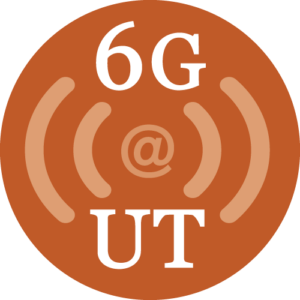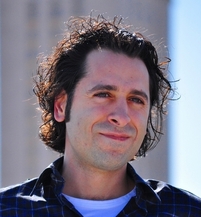“One of the world’s foremost academic experts in GPS spoofing—University of Texas assistant professor Todd Humphreys—released a short video on Monday showing how he and his students deceived the GPS equipment aboard an expensive superyacht.
Humphreys conducted the test in the Ionian Sea in late June 2013 and early July 2013 with the full consent of the “White Rose of Drachs” yacht captain. His work shows just how vulnerable and relatively easy it is to send out a false GPS signal and trick the on-board receiver into believing it.”
Continue reading the Ars Technica article.









